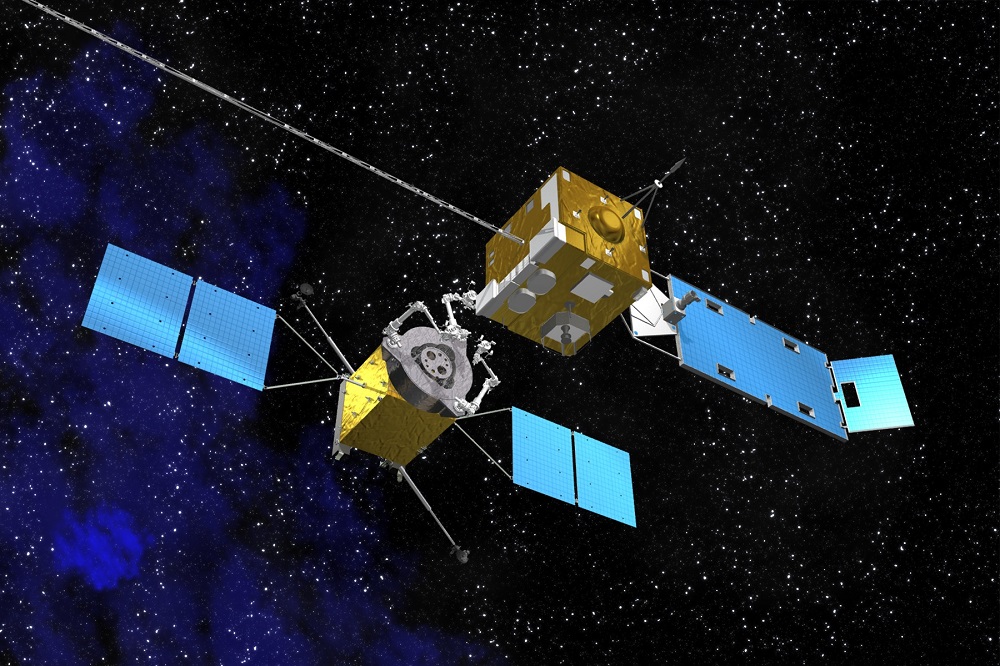Products You May Like
Global Trends 2040 predicts governments will routinely conduct on-orbit servicing, assembly and manufacturing activities
WASHINGTON — The Office of the Director of National Intelligence in a new report released April 8 projects that by 2040 China will be the most significant rival to the United States in space, competing on commercial, civil and military fronts.
The report projects widespread access to space technologies by many nations and increasing use of on-orbit manufacturing and logistics services.
Global Trends 2040 is a quadrennial unclassified forecast written by the ODNI’s advisory panel, the National Intelligence Council. It looks at the trends and dynamics that are likely to shape the national security environment over the next 20 years.
With regard to space, the report makes several predictions:
- By 2040, an increasing number of countries will be participating in space exploration as part of international cooperative efforts.
- These countries will acquire national prestige, opportunities for scientific and technical advancement and potential economic benefits.
- Although governments will remain the primary source of funding for large-scale space exploration activities, the role of commercial entities will expand dramatically.
- Commercial efforts will leverage government-funded space programs to help advance space technologies.
- China will have more foreign partners participating in Chinese-led space activities.
- Chinese space services, such as the Beidou satellite navigation system, will be in use around the world as an alternative to Western options.
A broader array of space technologies will be available for military applications as well as civil government and commercial use, the report forecasts. National space assets will be particularly coveted as governments will be concerned about the possibility that commercial or foreign government space services could be denied in conflict.
The report predicts governments by 2040 will routinely conduct on-orbit servicing, assembly and manufacturing activities, enabled by advanced autonomy and additive manufacturing. Commercial companies will offer on-orbit services, such as repair, remote survey, relocation, refueling and debris removal.
On-orbit services will be used to upgrade satellites, extend their functional lives and allow for new types of space structures such as extremely large or complex instruments. However, the private sector likely will need government support to establish the industry.
Artificial intelligence will have a huge impact in the space business, the report says. “AI will allow innovative use of space services by assisting with operation of large satellite constellations and space situational awareness capabilities.”
Currently artificial intelligence and machine learning are making it possible to analyze large volumes of data quickly. That trend will accelerate, according to the report, “driven partly by hyperconnected space and ground systems.”
